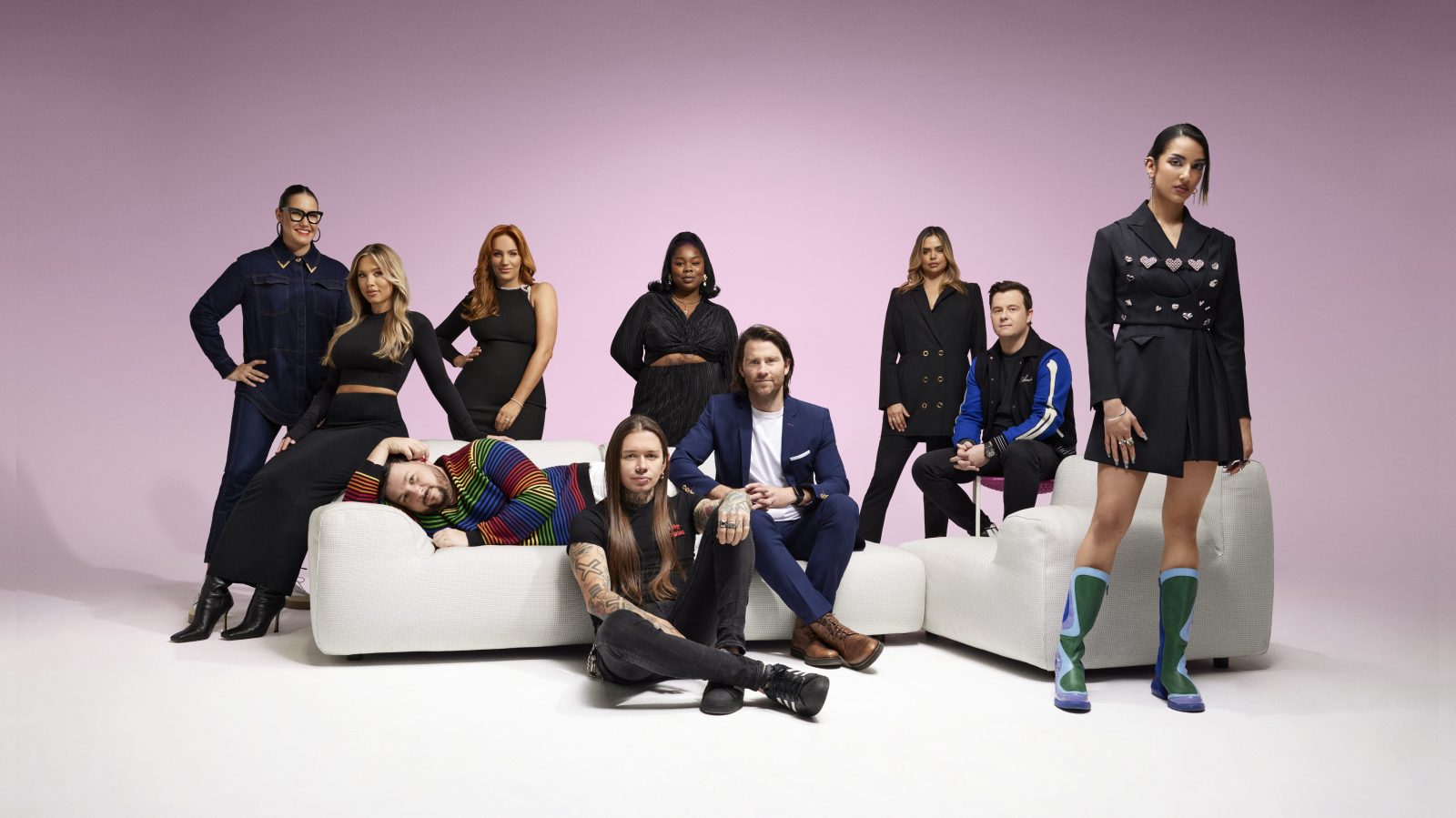“I Want My MTV” is an anthem that still evokes strong memories and offers a valuable perspective to better understand the transformation of media and marketing today.

When MTV launched in 1981, it was dismissed as a fleeting gimmick, unlikely to have any lasting impact. Critics doubted that a channel dedicated to music videos could ever compete with established entertainment formats.
Yet, MTV did more than survive—it thrived, becoming a cultural juggernaut that launched countless music careers and fundamentally changed the trajectory of music, television and global culture.
Not only did it spark a cultural revolution, but MTV also became a key business partner in promoting movies, soundtracks and advertising. Along the way, MTV directors such as David Fincher, Spike Jonze, and Michael Bay crossed over to become superstar movie directors.
Their style of storytelling and editing captured the attention of young audiences—the same way today’s digital creators understand how to reach and influence millions of fans.
Related
Just as MTV redefined how audiences consumed music and discovered new artists, creator marketing is transforming how people discover brands, make purchase decisions, and build communities.
The shift is evident in the data. Audiences are rapidly moving away from traditional media. According to GWI, in 2023, for the first time, the average person spent 30% more time consuming social media than watching TV.
However, there remains a significant disconnect: creator-produced videos, whether long-form or short-form on TikTok, YouTube, or Reels, are still not considered by mainstream creatives, press, and many marketing budget holders as premium content or equal in stature to TV commercials.
Despite Goldman Sachs predicting that the creator economy could approach half a trillion dollars by 2027, global advertising trade press coverage is still dominated by reviews of traditional TV commercials, with only a few reporters dedicated to covering the creative work from creators.
Many in the creator industry wonder what it will take to shift this perception. Will the naysayers continue to ignore this new reality at their own peril, or will they recognise the potential and influence of creator content before it’s too late? The momentum is unmistakable, and the transformation is already underway.
Striking a new chord: insights from Cannes Lions Festival

At this year’s Cannes Lions International Festival of Creativity, held annually in June and arguably the most significant event in the global advertising industry, a clear shift emerged as more marketers embraced the creator economy as a “must-have” for their advertising efforts.
Creators had an exponentially greater presence at this year’s festival, with nearly every ad agency, social platform, and many brands featuring creators in their programming.
Creators like Yes Theory, Mr. Ballen, Robyn DelMonte, Alix Earle, and others participated on panels and in activations up and down the Croisette. Cannes Lions even transformed the Palais into the dedicated headquarters for their first-ever “Lions Creators” track, sponsored by creator marketing agency, Viral Nation, (reportedly for mid 6 figures) highlighting the growing importance of creators in the advertising landscape.
Cannes Lions also expanded their profile of featured industry speakers to include next generation, global creator marketing experts such as Victoire Binet, Global Brand Engagement Director at Unilever; Caspar Lee, Creator Ventures; Zack Honarvar of Creator Now; and Ashley Cole Seidman, Visa’s VP of Global Content Strategy, Development & Distribution.
As an example of the sophistication of these discussions, Seidman focused on what makes both creators and brands successful, emphasising the need to bridge the divide and understand each other. She highlighted the importance of “listening and learning more before we brief and talking openly about results.”
While the festival has offered a “social and influencer award category” since 2018, this year also saw an increase in the quantity and quality of entries.
According to Social and Influencer Jury President Amy Ferguson (CCO and partner at Special US), this year the jury “whittled down 1,800 submissions to arrive at the winners,” including McDonald’s -Japan, “No Smiles” (Gold Lion) and the standout favourite, Grand Prix winner, “Michael CeraVe” featuring Michael Cera in an unusual role as a beauty influencer.


Another Social and Influencer jury member, Adetutu Laditan, Marketing Lead, YouTube in Sub-Saharan Africa, shared some of the judging criteria: “We looked for ideas and strategies that have never been done before. But also recognising that it needs to make sense coming from the brand (if it’s forced, it doesn’t work).
Just as MTV evolved from a dismissed gimmick to a cultural powerhouse, creator marketing is on the cusp of a similar transformation. By recognising and respecting the unique value creators bring to the table, the industry can harness their potential to drive brand success and cultural relevance in the modern age.
The journey from skepticism to acceptance is ongoing, but the momentum is unmistakable: creator marketing is here to stay, and it’s reshaping the future of brand engagement.
The incumbent leaders in the marketing industry must adapt to this new reality or risk being left behind.
This story was originally published on forbes.com and all figures are in USD.



